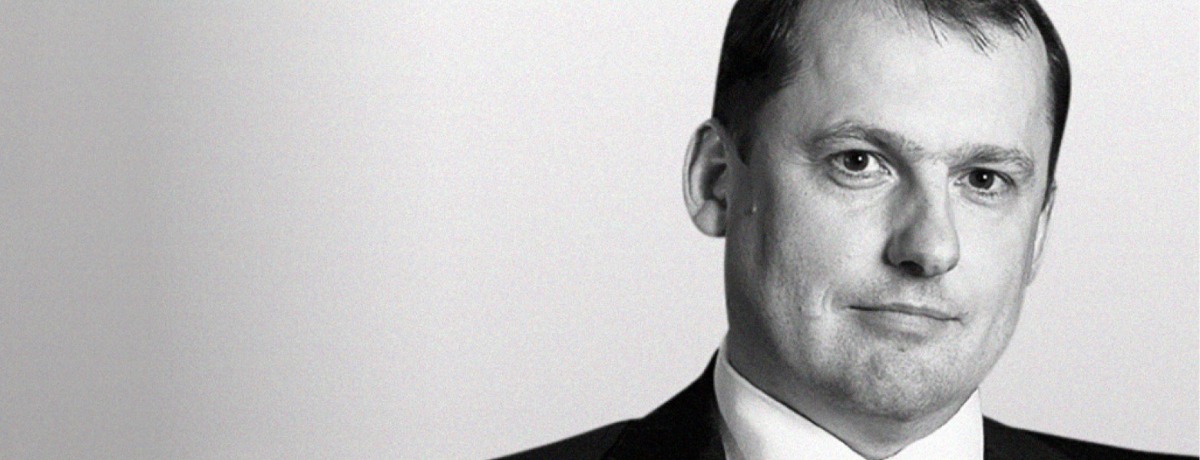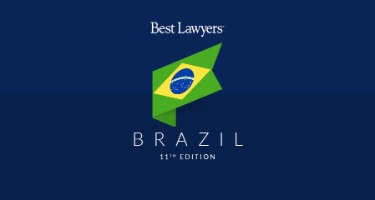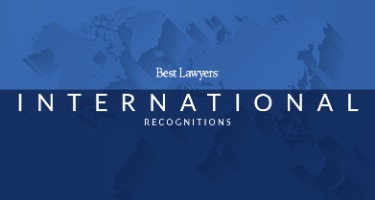Vitaly Mozharowski of Bryan Cave Leighton Paisner LLP, the 2019 “Law Firm of the Year” winner for Real Estate Law in Russia, believes the difficulties the Russian legal market has faced in the past four years have prepared it for the future. In an interview with Best Lawyers CEO Phillip Greer, Mozharowski explains how international policy has impacted his practice, and explains how sanctions may have ultimately put his country in a position to succeed.
What achievements are you most proud of from this past year?
I believe my greatest achievement has been in retention. We have an exceptional team, and clients are always grateful for the consistency in their representation and the service we can offer. We may hear nothing from a client for five or six years, until they appear at my door asking who is available to help them. I’ll give them the names of the lawyers they worked with in the past, and often the clients will be happily surprised that these lawyers are still here and working with me after so many years.
Can you tell me about one or two landmark cases throughout your career that you are proud to have worked on, or been a part of?
I take the most pride in transactions that are not boilerplate, that force you to create something new that no one has done in the past. To give one example, the firm once worked on a submarine gas pipeline that stretched from Russia to Germany. That was a really unique project for the Russian legal market because no law firm in Russia had such experience, nobody knew how to approach it and the project involved issues from all different areas of the law: environmental, land use, zoning, licensing, maritime, corporate, tax, customs—just everything. It was a huge amount of work and it took us eight years to run the first project.
Then, we worked on a similar project - construction of another submarine gas pipeline through the Black Sea from Russia to Turkey, called TurkStream. We also assisted in the construction of a nuclear power plant in Turkey, called Akkuyu where we used Russian construction law in the creation of a huge $20 billion facility outside of Russia. With huge, multistep projects like these, teamwork is key.
Another interesting effort was in lawmaking for the Sochi Winter Olympics. Ten years ago, we started creating a set of laws that enabled the development of Olympic facilities and resolved immigration and ticketing issues, along with employment, border crossing, taxation, customs regimes, and everything. It was a huge bundle of laws, which passed 10 years ago and led to a successful Olympics.
Are there any trends you've witnessed within this practice area in the last year, and what trends do you emerging in the coming year?
Generally, the economic news coming out from Russia is not good. No doubt, the European Union and United States’ sanctions on the Russian government have made an impact. As a result, multi-national investors are hesitant to enter the Russian market and those who do not have a long-term strategy with respect to Russia are leaving as well.
But interestingly, Russian investors are replacing the previous international investors, so we see a process where Russians are taking up more of their own market. And those foreign investors who do have a long-term strategy in the Russian market are strengthening their positions here, because competition is lower and they're able to take over interesting assets at an acceptable price. For example, IKEA, Auchan, Leroy Merlin, PPF Investments are very strong on the local market. Hines is an American investment fund that's staking investments in Russia. These are investors who are committed to the local market and they are extremely successful here.
In what way has technology affected the real estate market?
Many people would say that technology is encouraging further growth, further development, but I would disagree that this is the full story. Based on what I see in the media, more and more reporting and analysis is being done about the expectation of a new global crisis in the coming years, much like what happened in 2008. The economic crisis before that happened in 1998 in East Asia. As a commercial lawyer, I appreciate that we should all exercise caution. I'm not an investment banker—I should be conservative in making decisions.
I do not expect that the Russian market would be dramatically affected by an upcoming recession, because we have already been partially isolated from the global financial markets, and operating under a sanction regime for the last three or four years. Despite our limited international financing, we have managed to survive and develop.
I think that's what's on everyone's mind is the future. Will there be another crash? What might happen? If you read one set of reports, it's going to happen today, and the next set says next week, and it's going to be this market, that market. It’s impossible to know for sure. You must have a strategy for the long term so that when something does happen, you can survive it.

































